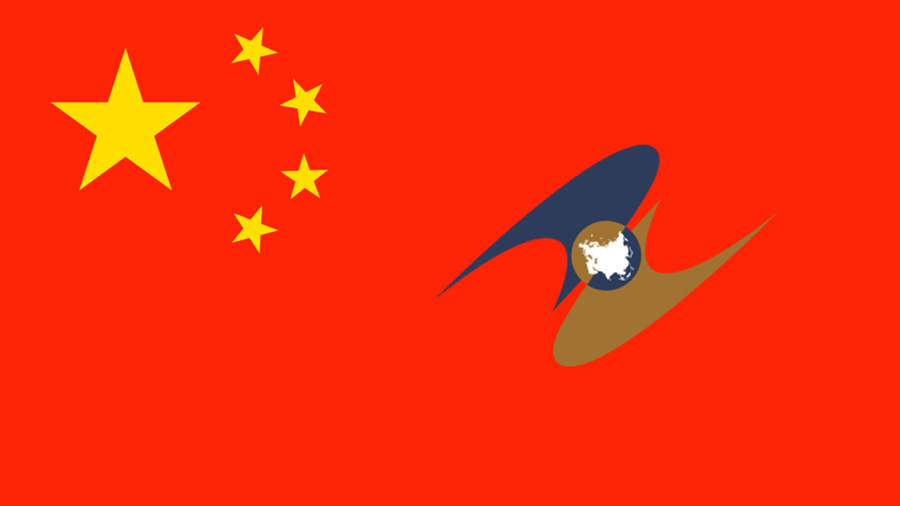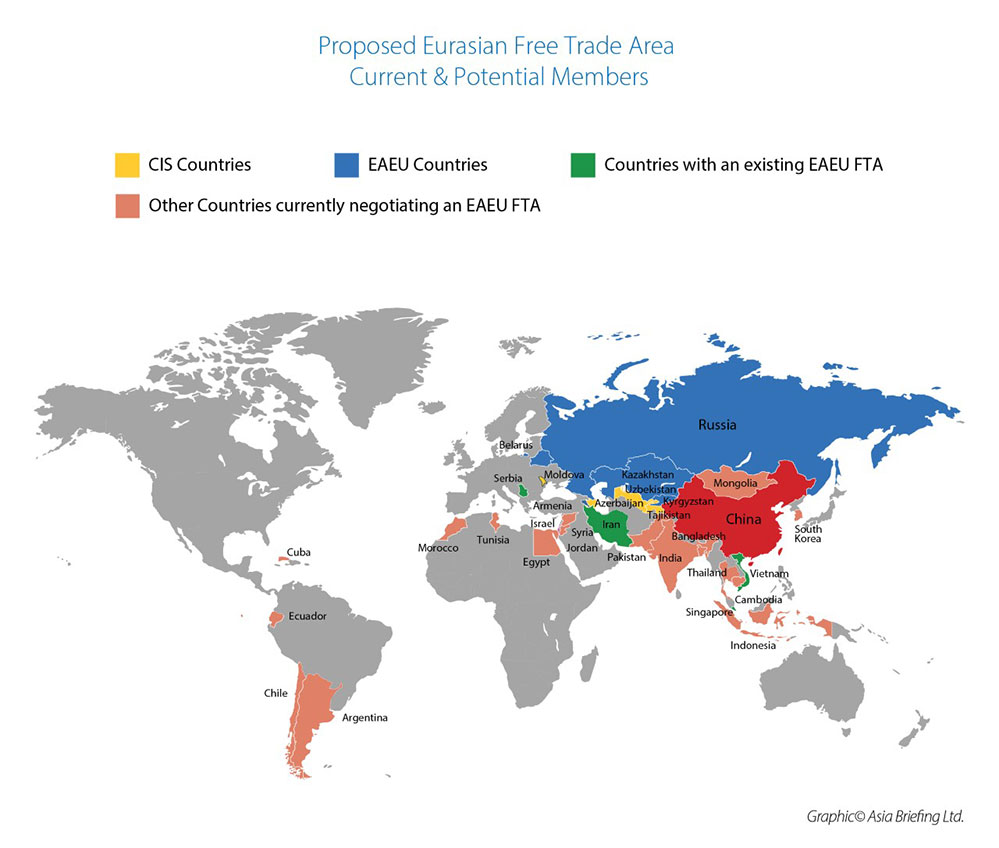Heads of State Calls For Acceleration Of Eurasian Economic Union Alignment With China

By Chris Devonshire-Ellis
The Eurasian Economic Union (EAEU) needs to accelerate its alignment with China’s Belt and Road initiative, Belarus President Aleksandr Lukashenko said during an online meeting of the Supreme Eurasian Economic Council on May 21.
Lukashenko stated “Despite all the complexity of the international political situation it is necessary to continue working to position the EAEU as one of the centers of the integration contour of the great Eurasian partnership, including through the alignment with China’s Belt and Road initiative. I call to intensify work in this area. We are moving forward too slowly here. We need to identify specific projects.”
The Supreme Eurasian Economic Council is the highest supranational body of the Eurasian Economic Union (EAEU) and is composed of the Heads of State or Government of member states of the EAEU, with meetings by the heads of state at least once a year. Decisions are taken by consensus and are binding on all States parties, which include Armenia, Belarus, Kazakhstan, Kyrgyzstan and Russia.
China has signed off a Free Trade Agreement with the EAEU, however no tariff reductions have yet been agreed. Lukashenko’s comments are aimed at speeding this process up, a deal that if comes to fruition will have huge implications for Eurasian free trade, from China to the borders of the European Union.
Lukashenko also stated that he believes that at the current stage of the dialogue with China, it is advisable to focus on the development of digital transport corridors. “It is also necessary to promote the export of our products to China. Concerning food it is necessary to optimize veterinary, sanitary and phytosanitary control” the Belarusian president said.
“We all know that China has always shown and will continue to show interest in the EAEU. We also have a great interest in this huge market. I must say that unlike other unions and countries, China is open to us. We feel it, being much farther away from China than, let’s say, Kazakhstan and Kyrgyzstan. That is why we need to develop further our cooperation with China, especially in trade.”
Negotiation processes on free trade zone agreements should be intensified as well, the president added. “This is especially true in respect to Egypt, which can become a springboard for the EAEU countries to promote their trade and economic interests in Africa”.
Lukashenko added that the neighboring countries should be considered as well: “Given the interest of neighbors in our integration project, we should take a closer look at the CIS countries in terms of increasing the number of observers and prospective future members of the EAEU. We need to make concrete plans with each of the observer states to expand economic interaction.” The CIS (Commonwealth of Independent States) includes non-EAEU states Azerbaijan, Moldova, Tajikistan, and Uzbekistan.
Numerous other countries and regions around the world have also commenced negotiations with the EAEU, including ASEAN and Mercosur. A map of the current status of the EAEU, members, the CIS, countries with an EAEU FTA and those in various stages of negotiating a free trade agreement is provided below:

Related Reading
- The Greater Eurasian Partnership: Connecting Central & South-East Asia
- A US$200 Billion China Russia Trade Deal On The Cards?
About Us
Silk Road Briefing is written by Dezan Shira & Associates. The firm has 28 offices throughout Asia, and assists foreign investors into the region. For strategic advisory and business intelligence issues please contact the firm at silkroad@dezshira.com or visit www.dezshira.com





